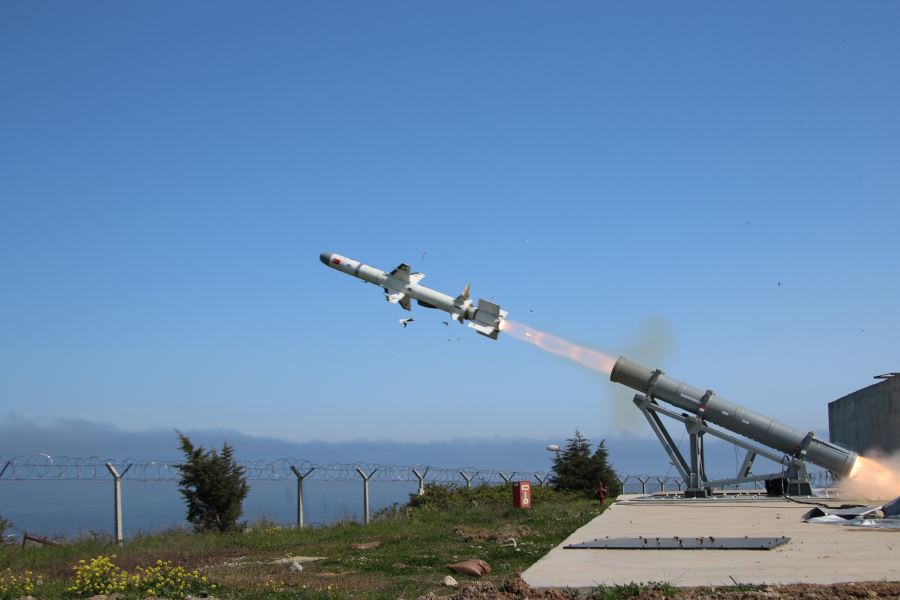The surprise withdrawal also comes at a fraught time in US-Turkish relations, with Turkish president Recep Tayyip Erdogan threatening to attack the SDF — which Turkey considers allied with Kurdish militants inside Turkey — despite the presence of US forces in the area. Trump spoke with Erdogan by phone on Friday, leading to some speculation that the Turkish leader, who’s been edging away from the US and
, pushed Trump to withdraw. But the administration official insisted Wednesday that “the president made his own decision. It was not something he discussed with President Erdogan. He has informed President Erdogan of his decision.”
Eyebrows were already raised Tuesday evening, however, when the State Department announced the US is prepared to sell over 100 Patriot air defense missiles and radar systems to Turkey for $3.5 billion.
If approved by Congress, the sale would provide Ankara with a NATO-interoperable system for defending Turkish airspace, while perhaps scuttling the planned Turkish purchase of the Russian S-400 air defense system, which NATO and Washington
.
Turkey’s potential purchase of the Russian system led to a revolt in Congress this past summer, when lawmakers
in blocking the sale of F-35 fighters to Turkey. So far there has been no indication that members of Congress would voice any such objections over the Patriot sale, as it could potentially be a way out for Turkey and NATO.
Sen. Chris Van Hollen, who was a key player in Congressional opposition to the F-35 transfers, told me in a statement he would support Turkey’s purchase of the Patriot missile system, “but only if Turkey cancels its purchase of the Russian S-400 missile defense system.” Members of NATO have said that the presence of the S-400 in Turkey would endanger all alliance aircraft, as the sophisticated Russian-made radar — and, in all likelihood, Russian trainers and service representatives on the ground in Turkey — would feed sensitive operational information back to Moscow.
Sen. Van Hollen added that, as a member of NATO, “Turkey must not undermine the security of the United States and our allies. Operating the S-400 alongside the F-35 and Patriot batteries would do exactly that. The Administration must continue to negotiate exhaustively to keep this from happening. And if necessary, the Senate must prohibit these sales and apply the
sanctions against the Turkish government.”
Turkey has twice passed over the Patriot: In 2013 when it chose a Chinese system it eventually decided not to buy, and in 2017 when it finalized the S-400 deal. American officials never stopped pushing to close the Patriot deal, however, with State and Defense Department officials
that they continued to try and hammer out the details.
Turkish officials have not indicated they would pull out of the S-400 deal if they close on the Patriot, but President Trump has put the sale of American military equipment around the world as a top priority, making the sale a win for his agenda either way.
One of the issues with sealing an agreement was Turkey’s insistence that it receive a transfer of missile technology along with the missiles themselves, a request Washington denied. Tuesday’s announcement confirmed that there will be some technology offsets, but “at this time offset agreements are undetermined and will be defined in negotiations between the
.”





